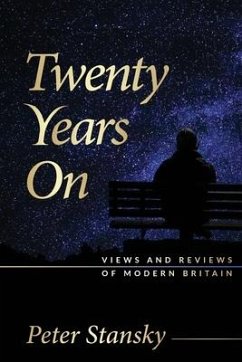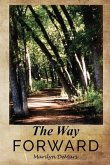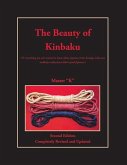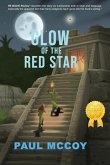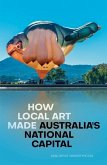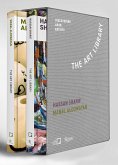In Twenty Years On, Peter Stansky discusses aspects of modern Britain and its past. What has continually fascinated him is how Britain copes with change. Although as prone to violence and disruption as any other developed nation, it likes to think of itself as calm and peaceful, a country village. Yet beneath the surface, there is great turmoil, as so many British detective stories testify. Beginning with an account of becoming a historian, Stansky, drawing on his writings of the last twenty years, dwells on those areas of British life that he's made his own, particularly William Morris, the Bloomsbury Group, and George Orwell. In these essays, he skillfully interweaves culture, art, politics, and society. As a successor to his earlier collection, From William Morris to Sergeant Pepper (1998), Twenty Years On contains brilliant examinations of important aspects of modern Britain. Though Twenty Years On is Stansky's most recent work, it represents a lifetime of passion and expertise. Students, scholars, and enthusiasts will enjoy learning from one of the world's leading experts on British history and culture. Purchase your copy today.

